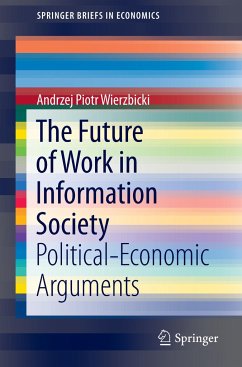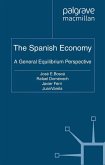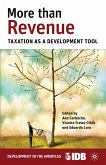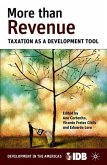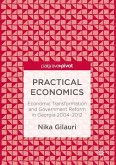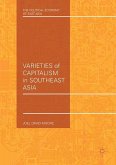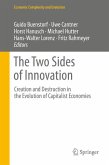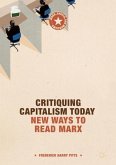This book investigates the questionas to whether technological developments will ultimately mean the end of workand, if so, what the consequences will be. The author addresses this questionfrom the perspective of a technologist well versed in econometrics and gametheory, and argues that it is not technology alone that could lead to the endof work, but its utilization by the capitalist system. Technology allows us tominimize the costs of work and increase profits, while the system is worseningunemployment, socio-economic inequality and stratification - which could lead tothe end of capitalism in a massive global revolution.
Assuch, the book proposes an evolutionary reform based on a seemingly minor butin fact essential correction of the corporate income tax, which he proposesshould decrease in accordance with the percentage of the enterprise's revenuesexpended to pay employee salaries. In this way, entrepreneurs will be motivatedto implement new professions and occupations, as well as new workplaces. Onlyin this way, the book argues, can reforms be used to prevent the end of work,which would have catastrophic consequences.
Assuch, the book proposes an evolutionary reform based on a seemingly minor butin fact essential correction of the corporate income tax, which he proposesshould decrease in accordance with the percentage of the enterprise's revenuesexpended to pay employee salaries. In this way, entrepreneurs will be motivatedto implement new professions and occupations, as well as new workplaces. Onlyin this way, the book argues, can reforms be used to prevent the end of work,which would have catastrophic consequences.

